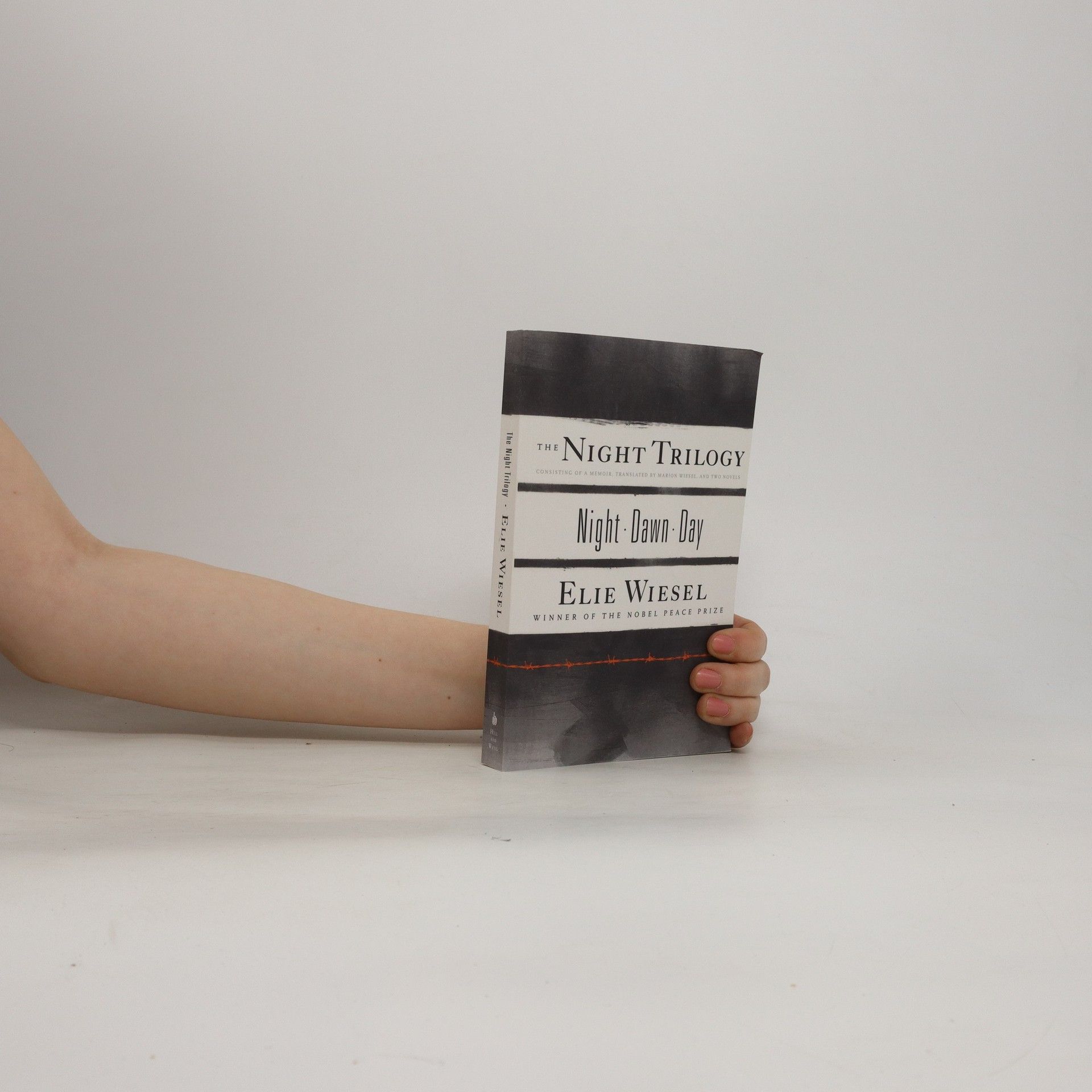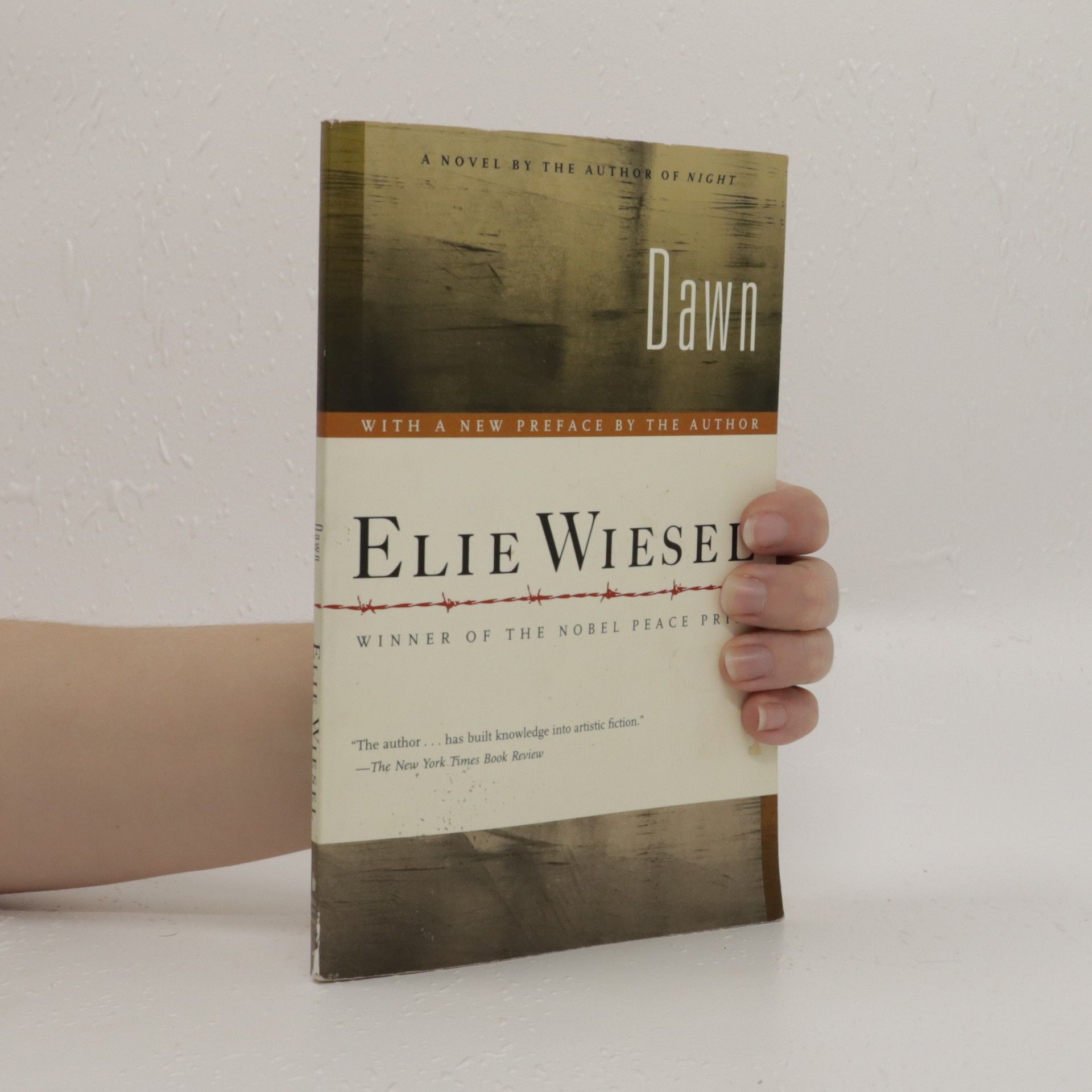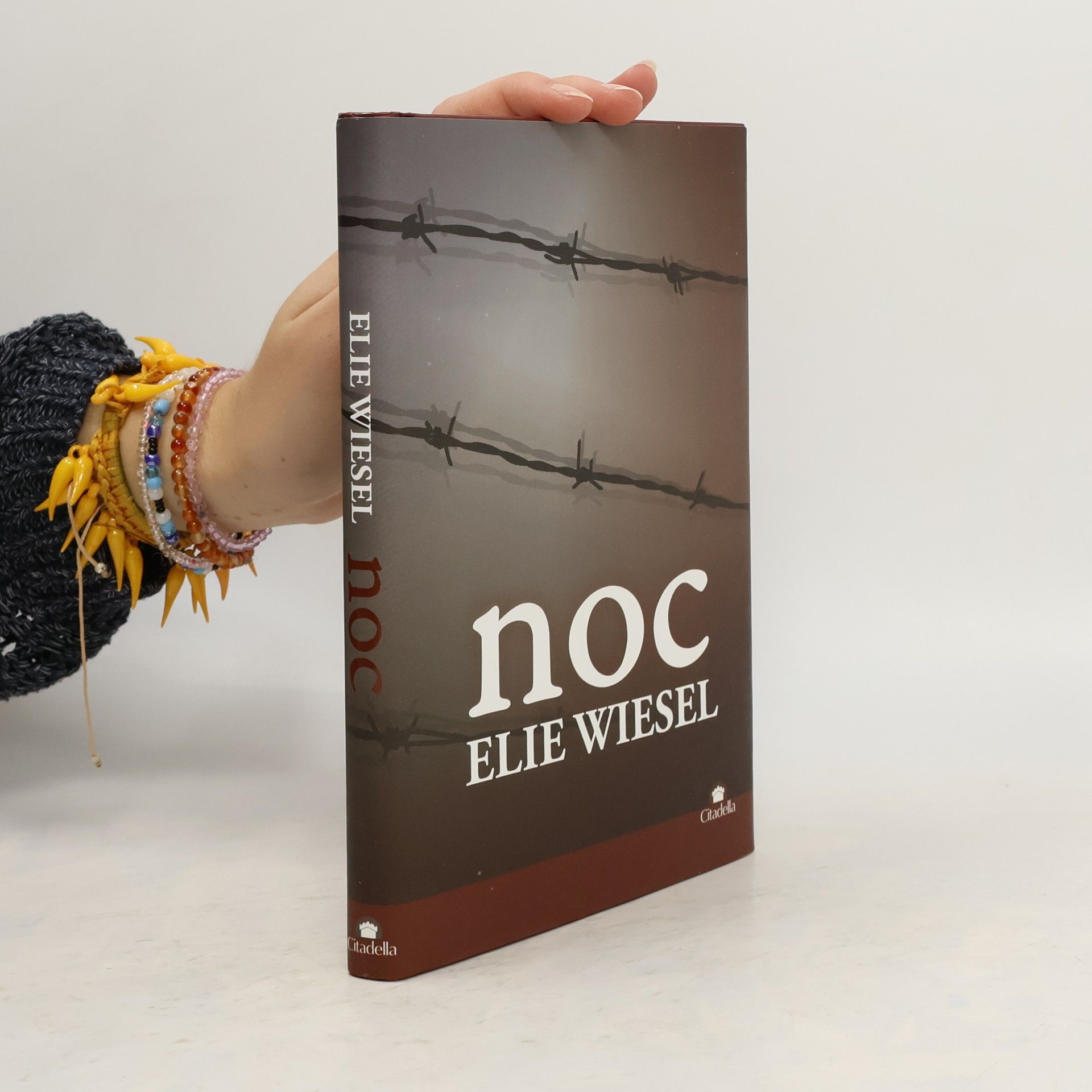Noc
- 168 stránok
- 6 hodin čítania
Autobiografické svedectvo známeho mysliteľa, nositeľa Nobelovej ceny mieru za rok 1986. Príbeh Židov deportovaných z autorovej rodnej obce - rumunského Sighetu - do Osvienčimu Noc Elie Wiesela je prvou knihou románovej trilógie Noc, Úsvit a Deň. Popri dielach Prima Leviho a Denníka Anny Frankovej je kniha považovaná za jeden z pilierov literatúry o holokauste. V románe Noc sú opisované vlastné zážitky autora – mladého ortodoxného Žida, pochádzajúceho z rumunského mesta Sighet v Transylvánii. V roku 1944 bol aj s rodinou deportovaný do nacistických vyhladzovacích táborov Osvienčim a Buchenwald. Svoje hrozné zážitky sa odhodlal opísať až v rokoch 1954 – 1955 v rozsiahlom rukopise napísanom v jidiš. Jeho skrátená verzia bola v roku 1956 vydaná v Argentíne pod názvom: "A svet mlčal." V roku 1958 vyšla vo francúzštine pod novým názvom: "La Nuit" v parížskom vydavateľstve Les Éditions de Minuit a v roku 1960 v angličtine ako: "Night." Kniha bola neskôr preložená aj do ďalších jazykov.



